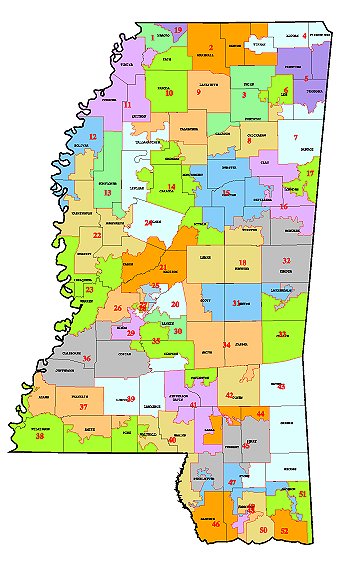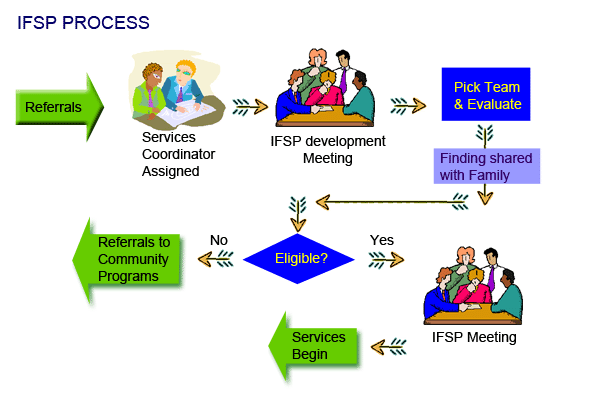The Mississippi Department of Education (MDE) has been shaking things up a little. In late June, 2012, reports began circulating that the agency will begin issuing new speech-language pathology licenses, starting in 2013. The state has been struggling to attract qualified speech therapists to its public school systems.
Arizona Early Intervention Program (AzEIP)
Legal IssuesThe Individuals with Disabilities Education Act (IDEA) mandates that public schools must provide resources for children with qualifying disabilities, such as speech disorders. However, each state has its own programs to implement the law. States may also have their own special education policies, so long as those policies comply with the federal law. If you live in Arizona, your child may be able to get help through the Arizona Early Intervention Program (AzEIP). AzEIP covers children from birth through 36 months. AzEIP is implemented in conjunction with several state departments, such as the Arizona Dept. of Health Services (ADHS), the Arizona Dept. of Education (ADE), and the Arizona Health Care Cost Containment System (AHCCCS), among others.
Writing the Individualized Family Service Plan (IFSP)
Legal IssuesWhat Is It?
If your child is in school and requires special education services, he’ll have an Individualized Education Program (IEP). But it is also legally required that younger children have access to needed services and support. This is where the Individualized Family Service Plan (IFSP) comes into play. The IFSP is a written document that all children have when they qualify for Early Intervention (EI). (Early Intervention is the version of special education for younger children.) The document is customized to your child’s specific needs. However, unlike the IEP, the IFSP also takes into account the needs of your entire family insofar as familial support is crucial to attaining a favorable outcome for your child.
Surviving the Resolution Meeting
Legal IssuesIf you have a complaint with your child’s proposed Individualized Education Program (IEP) or the way in which it is implemented, you have the right to file for due process. The resolution meeting is a legally required part of due process. While it might seem like just another hassle in the special education bureaucracy, the resolution meeting is an opportunity to negotiate with the school district and reach an agreement. If successful, a resolution meeting can allow you to avoid a formal hearing. Preparation is a critical component of successful meetings. Thoroughly reviewing all of your child’s special ed documents will help you remember the important little details during the meeting. Check out last week’s post on resolution meeting preparation.
An Interview with Kim Wilson
InterviewsThis week we’re interviewing Kim Wilson, who writes the blog Celebrating Inchstones. Kim has four kids, the youngest of whom has mitochondrial myopathy. This is a disease caused by a genetic mutation that affects the mitochondria in the body’s cells. As a result, Asa has trouble producing the sounds needed to make words. However, Asa is able to understand much of what is said to him, and he can make his wishes known in other ways. In our interview, Kim discusses her son’s speech therapy techniques and shares her experience navigating the special education process.





